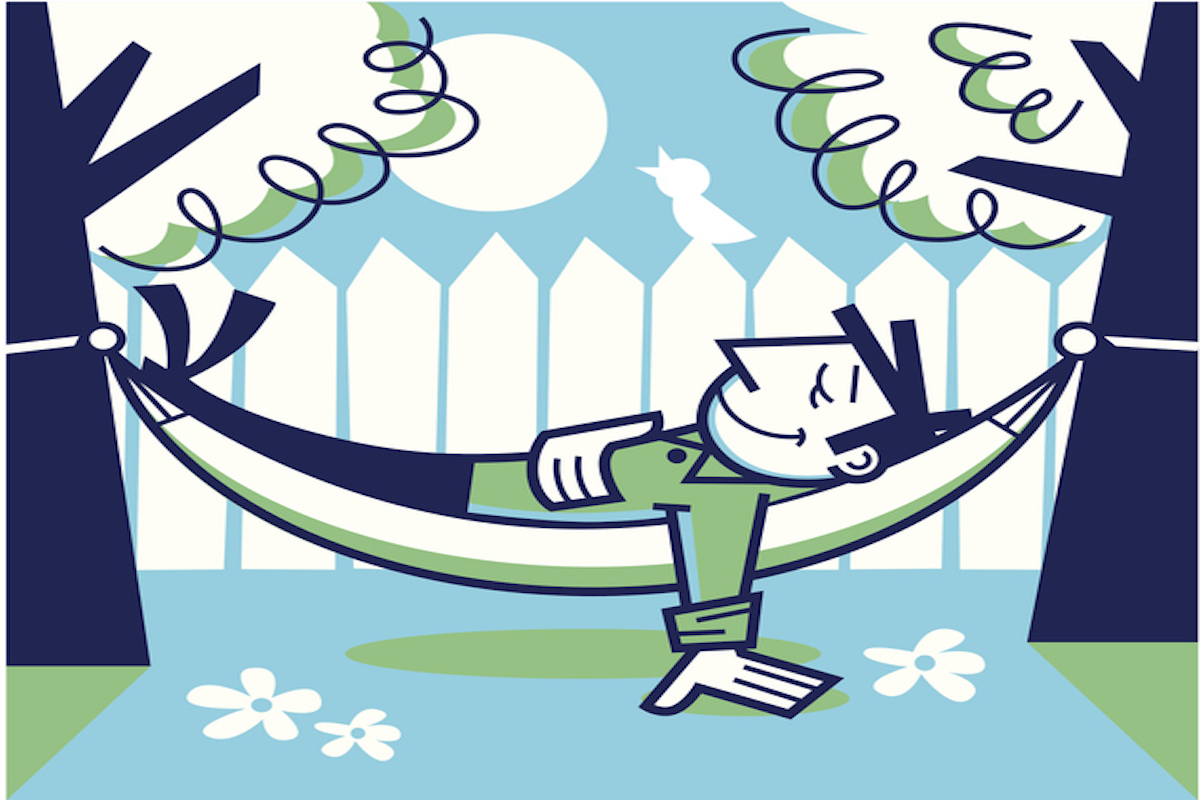With a long to-do list, mental stressors cocooning us, a ladder of personal and professional goals to climb, everyone just desires to abundantly utilize every hour of their day. Of course, the time we own is limited and is the most valuable thing to spend. But sometimes, doing nothing is actually one of the best things you can do for yourself.
In today’s globalizing and communicating world, in addition to the growing number of tasks to handle, we are madly in love with the IDEA of being busy. To be perceived as an important and valuable being. Who has ‘a lot—professionally and personally’ going on. To be a personality who gets unlimited attention from many.
Advertisement
Yet, this is further followed by another perception to create and to satisfy our other areas of life—apart from being productive, we are mindful of our mental and physical health as well, we are learning new skills, we exercise, we do yoga, we meditate, we travel, we run, we paint, we go for therapy, massage, etc. All this we do for a purpose—only to get the satisfaction of doing something else apart from our day-to-day activities, such as hobbies and interests.
But the question remains still the same when was the last time you did nothing?
Nothing means not doing anything on purpose, just being alive. No—spending time on social media, binge-watching Netflix, TV or YouTube videos, reading books, or listening to the radio or podcasts—does not fall in the scale of ‘doing nothing.
So what is ‘Niksen: Doing Nothing’, Niksen is a Dutch term that closely translates to ‘nothing-ing’ in English. That is, doing nothing on purpose, but without purpose.
Practicing niksen could be as simple as just being—don’t feel, don’t act, don’t think, just observe the surroundings, whatever it is. It might be difficult for many to just do nothing because we are always doing something. Even while sleeping, we are dreaming.
The psychologist, Doreen Dodgen-Magee, who wrote the book “Deviced!: Balancing Life and Technology in a Digital World,” connected niksen to a car engine that is running but isn’t going anywhere.
So the second question is why do we need niksen in our lives?
Definitely, we all need it. The kind of lifestyles we own today, demands us some times of doing nothing. Everything that surrounds us seeks our attention. And nothing promotes staying still in our culture.
Our work environment, our social presence, and pressures, our relationships, everyday chores, people that we meet every day, one way or the other take a large share of our limited energy and time. Further down, it affects our mental health, stability, performance, and overall well-being.
Advancement in technology came into the picture to make our lives easier, however, indulging in it too much has made it almost impossible to truly unplug and embrace idleness.
When we unplug from everything and stay in the moment, and do nothing, our brains rewire. Sandi Mann, who is a Chartered Psychologist, during her research has observed that absolutely doing nothing or daydreaming — an inevitable product of idleness — “literally makes us more creative, better at problem-solving, better at coming up with creative ideas.”
Doing nothing is increasingly being seen as a positive aspect to add to our routine, it can be a stress-fighting tactic. There is a freedom to Niksen, tranquility.
Niksen can be beneficial when someone is dealing with anxiety, or over-stressed, overburdened, it’s like slowing down a bit. And when you slow down, one can come up with more ideas, can see their lives from a different angle, and can find various possibilities and solutions.
“Even when we ‘niks,’” or do nothing, “our brain is still processing information and can use the available processing power to solve pending problems,” says Veenhoven, who is the director of the World Database of Happiness— an archive of research related to life enjoyment.
This, in turn, can boost one’s creativity.











